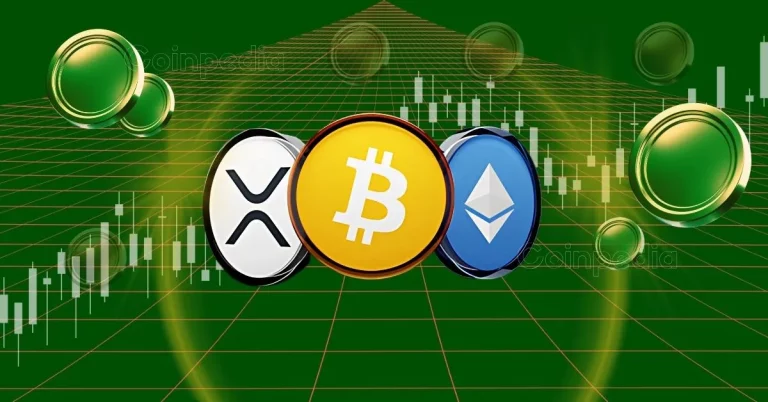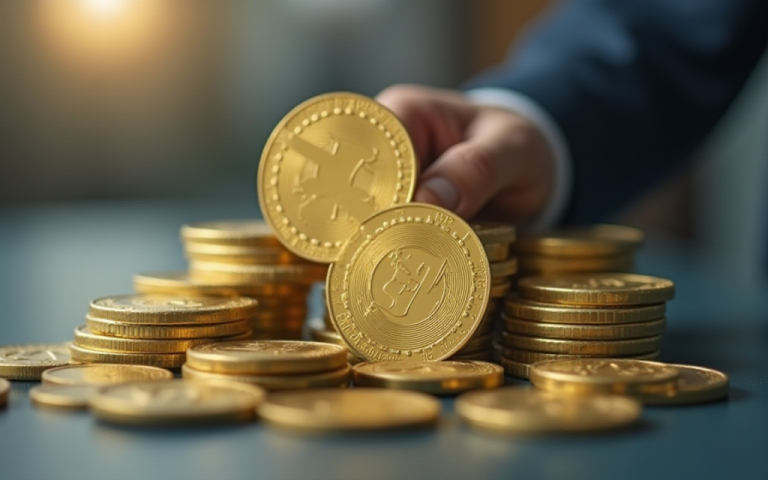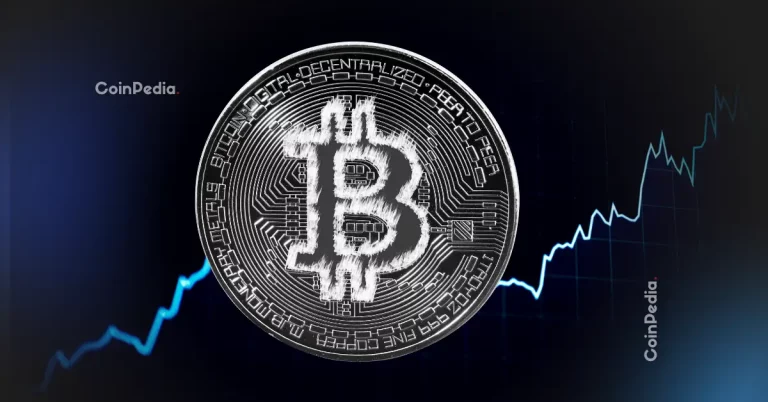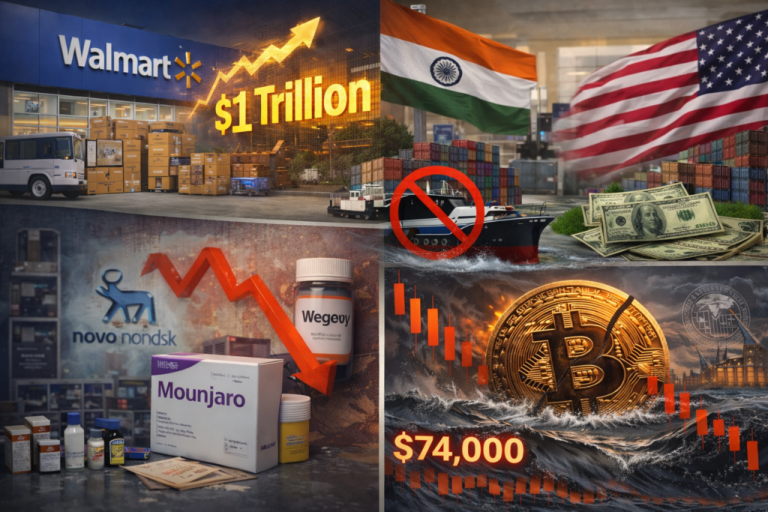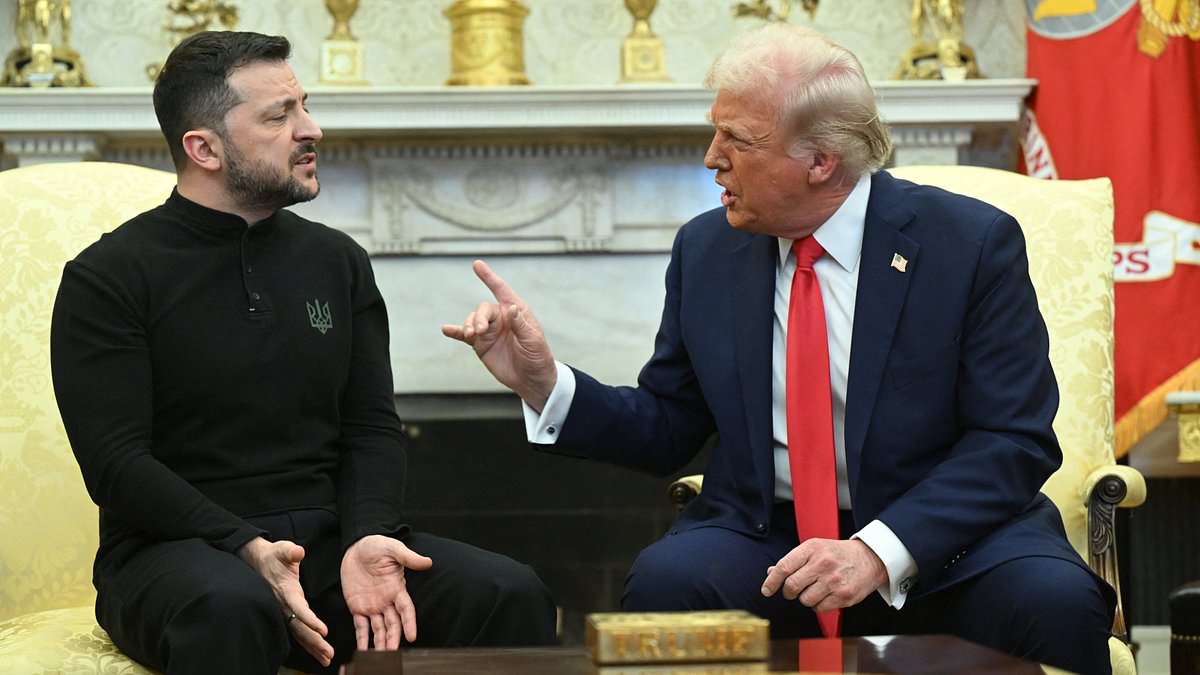
As international tensions surrounding Ukraine persist, UK Prime Minister Sir Keir Starmer has taken center stage alongside Ukrainian President Volodymyr Zelensky in a significant diplomatic mission to Washington, D.C. Their goal? To secure consensus over Ukraine’s NATO membership and further align Western powers against Russia’s aggression.
High-Stakes Meetings at the White House
Today, Sir Keir and President Zelensky, accompanied by key European leaders, are set to meet U.S. President Donald Trump. These talks follow Mr. Trump’s contentious summit with Russian President Vladimir Putin in Alaska, which sparked global debates after Mr. Trump hinted at rejecting Ukraine’s NATO membership and maintaining Russian control over Crimea.
Sir Keir, speaking en route to Washington, emphasized the need for a “just and lasting peace” in Ukraine. Sharing his thoughts on social media, he said, “Everybody wants this war to end, not least the Ukrainians. But we must achieve a peace that lasts and is fair.”
Europe’s United Front
The diplomatic effort has brought together prominent figures like French President Emmanuel Macron, Germany’s Friedrich Merz, Italian PM Giorgia Meloni, and NATO Secretary General Mark Rutte. Their objective is to demonstrate unity with Ukraine while seeking to influence Mr. Trump’s stance during these sensitive negotiations.
European leaders are acutely aware of the stakes. Recent friction between Mr. Trump and Mr. Zelensky, including a heated Oval Office exchange earlier this year, has driven European capitals to intensify preparations for these talks. British intelligence officials and advisors, notably Jonathan Powell, have been actively strategizing with Ukraine to improve their diplomatic rapport with the U.S. administration.
Contention over NATO Membership
Despite Mr. Trump’s remarks opposing Ukraine’s inclusion into NATO, Downing Street remains steadfast in their support. A spokesperson reaffirmed, “Britain’s position on NATO membership for Ukraine hasn’t changed. Kyiv is on an irreversible path to joining the alliance.”
This position directly counters Moscow’s long-standing objection to Ukraine’s NATO ambitions. Both Crimea and regions like Donbas remain focal points in ongoing peace negotiations, with Russia demanding territorial concessions as a condition for any ceasefire agreement.
Ukraine’s Resilience and Global Support
In response to Mr. Trump’s stance, President Zelensky posted on X (formerly Twitter), rejecting suggestions of territorial compromise: “Ukraine was forced to give up part of Donbas and Crimea in the past, which only emboldened further aggression. We fight for independence and justice.” Zelensky also praised allies like the U.S., the UK, and France for their unwavering support in Ukraine’s fight for sovereignty.
Meanwhile, across Ukraine, the war continues to inflict devastating impacts. Cities like Kharkiv endured overnight missile attacks, killing and injuring civilians, including children. Zelensky’s government maintains its priority of ensuring Ukraine’s safety and territorial integrity as global leaders rally to secure a robust peace framework.
The Path Forward
The upcoming talks in Washington could mark a pivotal moment in shaping Ukraine’s future. The cooperative stance taken by Sir Keir, European leaders, and NATO allies underscores how critical international solidarity is in the face of Russian aggression. Beyond the politics, this conflict also serves as a stark reminder that peace cannot come at the expense of justice or autonomy for Ukraine.
For those seeking to support Ukrainian humanitarian efforts amidst this crisis, consider contributing to organizations like UNICEF’s Ukraine Crisis Appeal, which delivers essential aid to affected families.
